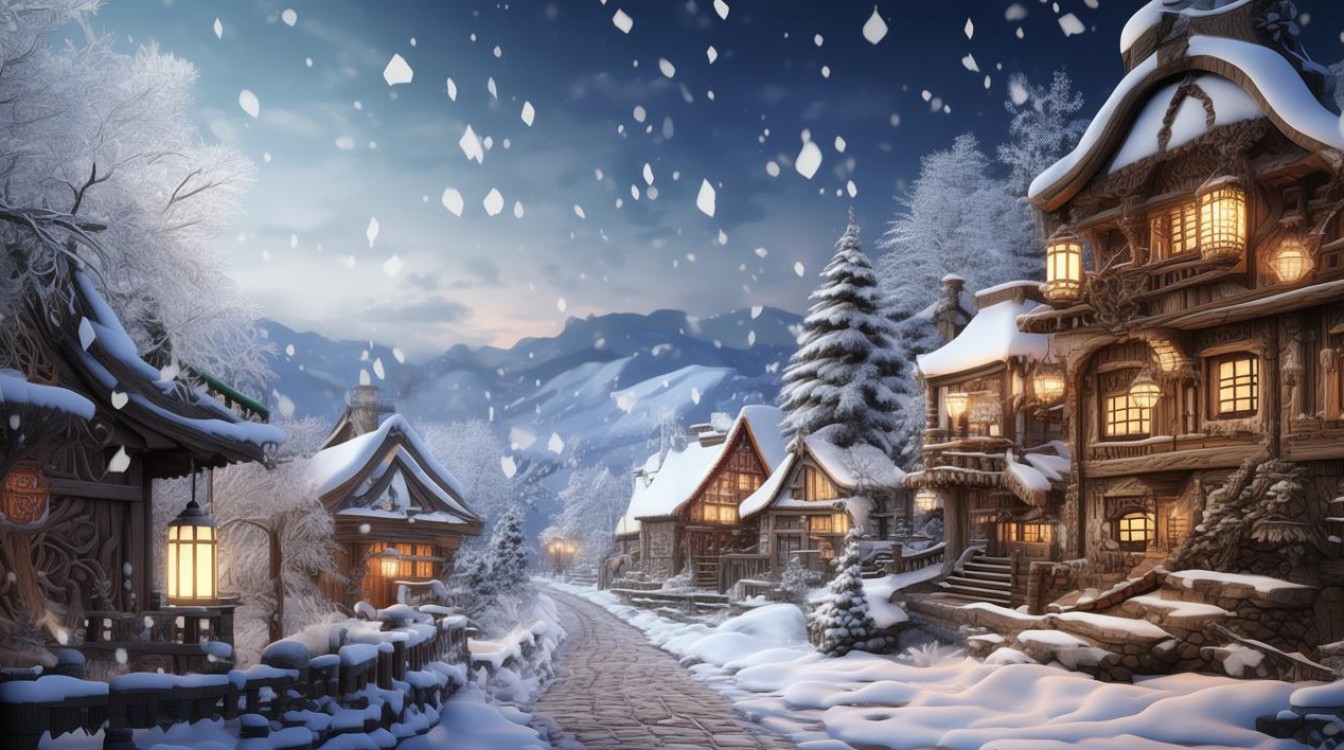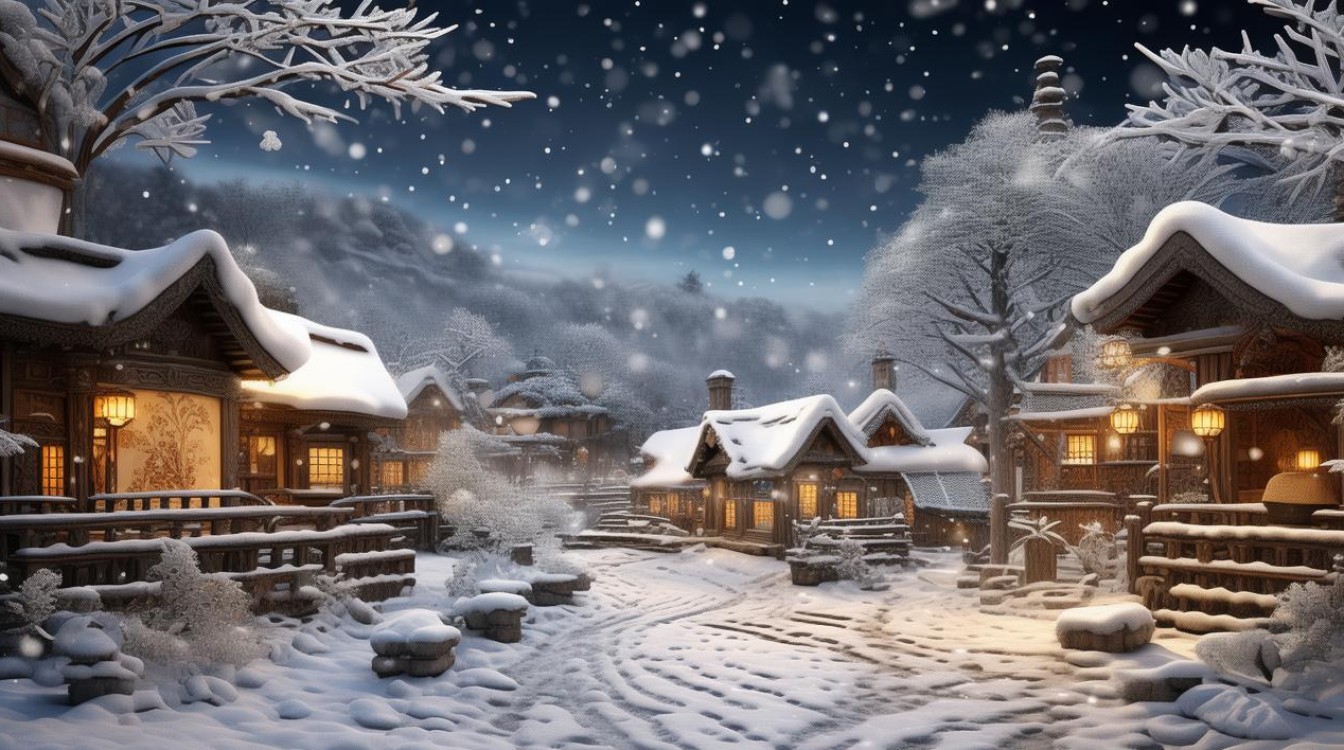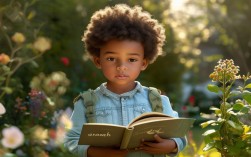Snow transforms the world into a pristine wonderland, and its beauty is reflected in the rich vocabulary used to describe it. Whether you're a language learner, a writer, or simply a snow enthusiast, expanding your English snow-related lexicon can deepen your appreciation of winter’s magic. Below is a curated collection of words and phrases that capture the essence of snow in all its forms.

Basic Snow Terminology
Understanding fundamental terms helps build a strong foundation for more nuanced expressions.
- Snow – Frozen precipitation in the form of delicate ice crystals.
- Flurry – A brief, light snowfall with minimal accumulation.
- Blizzard – An intense snowstorm with strong winds and reduced visibility.
- Sleet – A mix of rain and snow, often creating icy pellets.
- Hail – Frozen raindrops that form small, hard balls of ice.
Descriptive Snow Words
Certain words evoke the texture, appearance, and behavior of snow.
- Powder – Fresh, dry snow that’s soft and fluffy, perfect for skiing.
- Slush – Partially melted snow with a wet, messy consistency.
- Pack – Dense, compressed snow often found on roads or sidewalks.
- Drift – Snow piled by wind into mounds or ridges.
- Crust – A hard, icy layer atop softer snow.
Snowfall and Weather Conditions
Different types of snowfall create distinct winter experiences.
- Flurries – Light, scattered snow showers.
- Squall – A sudden, heavy snowfall with strong winds.
- Whiteout – Severe conditions where visibility is nearly zero.
- Graupel – Soft, pellet-like snow formed by frozen droplets.
Snow in Nature and Landscapes
Snow interacts with the environment in fascinating ways.

- Avalanche – A rapid flow of snow down a slope.
- Cornice – An overhanging ledge of snow on a mountain.
- Firn – Granular snow that’s compacted but not yet glacial ice.
- Hoarfrost – Delicate ice crystals forming on cold surfaces.
Cultural and Poetic Snow Expressions
Snow has inspired countless metaphors and idioms.
- Blanket of snow – A thick, even layer covering the ground.
- Winter wonderland – A picturesque snowy scene.
- Snowed under – Overwhelmed with work (figurative use).
- Pure as snow – Symbolizing innocence or cleanliness.
Regional Snow Vocabulary
Different English-speaking regions have unique terms.
- Snizzle (UK) – A mix of snow and drizzle.
- Pukak (Inuit) – A layer of loose, crystalline snow beneath the surface.
- Skift (US, dialect) – A light dusting of snow.
Scientific and Technical Snow Terms
For those interested in meteorology or winter sports.
- Ablation – The melting or evaporation of snow.
- Névé – Young, granular snow that’s transitioning to ice.
- Albedo – The reflectivity of snow-covered surfaces.
Snow in Literature and Media
Writers and filmmakers often use snow to set a mood.

- "The Snow Queen" – A fairy tale by Hans Christian Andersen.
- "Stopping by Woods on a Snowy Evening" – A famous poem by Robert Frost.
- "Game of Thrones" – The phrase "Winter is coming" underscores snow’s symbolic weight.
Fun and Unusual Snow Words
Some terms are rare but delightful.
- Snirt – Snow mixed with dirt.
- Thundersnow – A thunderstorm occurring with snow.
- Zud (Mongolian) – A severe winter disaster affecting livestock.
Practical Snow Phrases for Daily Use
Handy expressions for winter conversations.
- "It’s snowing cats and dogs!" – Heavy snowfall (playful).
- "Bundle up!" – Dress warmly for the snow.
- "Black ice" – Transparent ice on roads, extremely slippery.
Snow’s linguistic diversity mirrors its physical variety. From delicate flurries to raging blizzards, each term offers a new way to see and describe winter’s frozen artistry. Whether you're crafting a story, planning a ski trip, or simply marveling at a snowy morning, these words help articulate the silent beauty of snow.
The next time you step into a frosty landscape, take a moment to observe—what kind of snow surrounds you? Is it powdery, crusted, or drifting? Language gives us the tools to capture these fleeting moments, turning them into lasting impressions.





